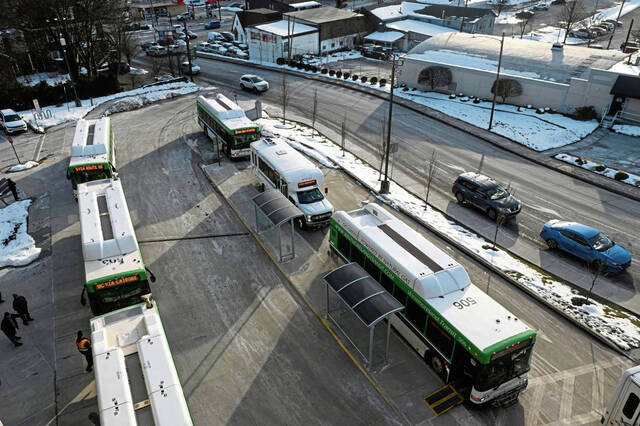Is delaying a bill the most efficient way of paying it?
Not usually.
If you refinance your mortgage, it might save you money month to month, but you are spreading your interest out over a longer period of time. If you pay the minimum on your credit cards instead of paying off your purchase when you make it, that $50 sweater could cost $200 by the time you pay it off. You might be able to consolidate your student loans, but you still have one giant loan instead of several small ones.
The entire finance industry is really built less on selling money than delaying the inevitable.
But will that work for West Deer Township?
The municipality is considering a plan to defer tax increases on properties of low- income or senior residents. They would still be required to pay the taxes at their baseline level but any added millage would accumulate as a lien, payable at sale or transfer.
What could make this different than a long delayed credit card balance could be who ends up paying the bill.
“This is the flip side of what is a generally great idea to help people out, but there are some drawbacks to it that I believe the board should be mindful of,” township manager Dan Mator said.
If new taxes keep building up on a house, it could disincentivize buyers from purchasing it. If properties stack up on the market after older homeowners without heirs die or low-income owners lose houses they can’t afford, it could lead to an inventory of empty buildings where no one is paying the taxes.
About 22% of West Deer residents are 65 or older, and 5% of the municipality falls below the poverty line. Though there is probably overlap in those circles, it still points to a large piece of the township’s tax pie being eligible for a program that could be a real boon.
To allow the proposal to help those people without negatively impacting the municipal coffers — and by extension the residents who don’t qualify for it — there have to be safeguards built into it from the outset.
Solicitor Gavin Robb said the proposed ordinance would be built to mirror the state’s own 22-year-old tax deferment act, with eligibility requirements, but said an auditing option wouldn’t be realistic.
Government audits everything. Municipalities conduct audits, as does the state and the federal authorities. People who participate in government programs have to regularly prove they still qualify. We value that kind of oversight so much that we actually elect one guy statewide to monitor both the math and the compliance.
That happens because monitoring doesn’t just let us know whether everyone is playing by the rules. It lets us know whether a program is working the way it was intended or whether it needs to be rethought.
When the bill comes due, deferring the payments might be too costly for taxpayers if that isn’t planned.








